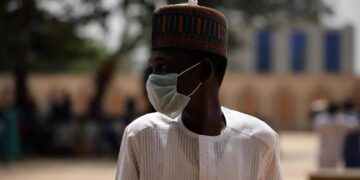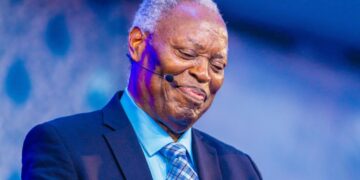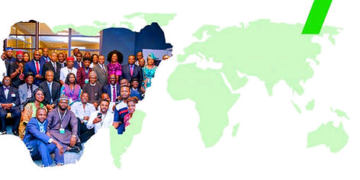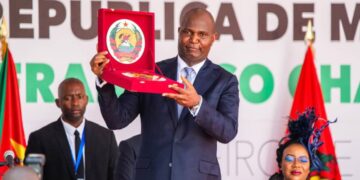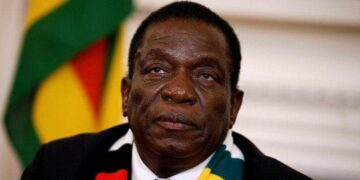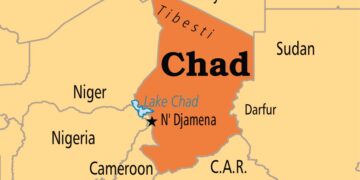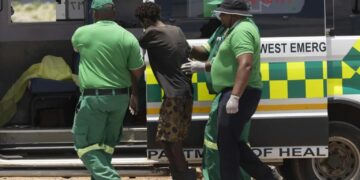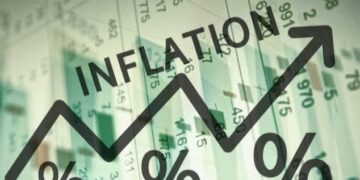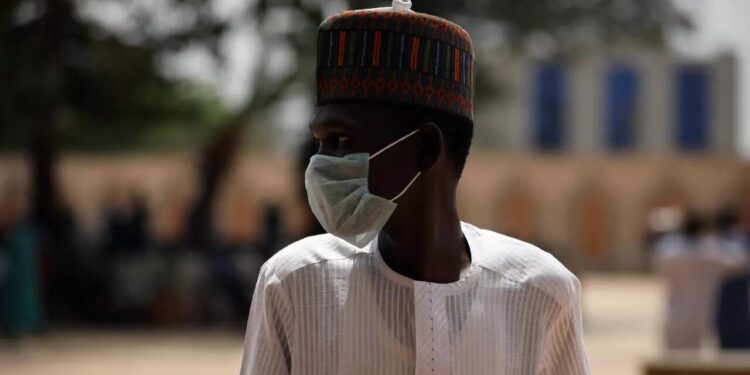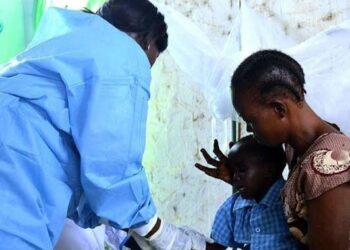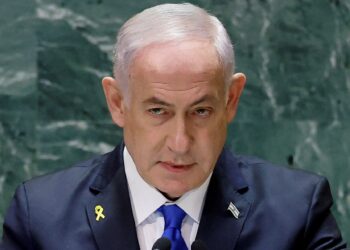Now in the sixth month of the coronavirus (COVID-19) outbreak, getting tested for the virus is on people’s minds. For those who think they may need to be tested for COVID-19, it is important to understand the testing criteria used for the Ministry of Health. Since Nigeria received its first confirmed case of COVID-19 on the 28th o of February, the number of reported cases in the country has slowly risen to over 154 confirmed cases.
The Federal Ministry of Health is being urged to increase testing capacity across the country. However, with the global shortage of test kits and medical commodities, the Ministry of Health has maintained that testing must be strategic and guided by the national case definition. The fifth version of the case definition guide has just been published by the Nigeria Centre for Disease Control (NCDC) and shows that the following criteria of people can get tested at present;
- Anyone with a travel history outside Nigeria, who presents with a fever, cough or breathing difficulties within 14 days of arrival.
- Anyone who has symptoms and is a contact with a confirmed case
- Anyone with fever and either cough, difficulty breathing or shortness of breath in an area of high COVID-19 prevalence in Nigeria with no other explanation
People who fall in this category are advised to remain in self-isolation and immediately call the NCDC hotline on 080097000010 or their state hotline, which can be found on the state hotline directory published by the NCDC. They would then be tested and asked to self-isolate until they receive their test results. It is very important that people comply with the directives that are given by the health authorities. The high rate of transmission of the disease makes it more important that self-isolation is taken seriously, and close contacts also need to self-isolate and reduce contact with others.
Commenting on the new case definition, the Director-General of the NCDC, Dr Chikwe Ihekweazu said: “Based on new knowledge of COVID-19 and context in Nigeria, we have expanded our case definition to enhance the response to the disease.”
Dr. Ihekweazu clarified that no payment is required for laboratory testing of COVID-19. “Testing for COVID-19 is free and can only be conducted in any of our current six molecular laboratories”. If people are being asked to pay for their COVID-19 tests, they are urged to report the healthcare provider to their local state health authority or to call their local helpline.
Using the latest technology, Dr. Ihekweazu said that plans are underway to add seven new laboratories to the current network of six molecular laboratories for COVID-19. The six current molecular laboratories in Nigeria are the NCDC National Reference Laboratory, FCT; Virology Laboratory of Lagos University Teaching Hospital, Lagos State; Irrua Specialist Teaching Hospital, Edo State; Nigerian Institute of Medical Research, Lagos State; Virology Laboratory of University College Hospital, Oyo State; and African Centre of Excellence for Genomics of Infectious Diseases, Osun State. The new laboratories will be opened in the coming week will be in Kano, Kaduna, Sokoto, Maiduguri, Jos, Ebonyi, and Port Harcourt.
Strengthening the laboratory network in Nigeria is an important component of supporting the country’s public health response to infectious disease outbreaks. Since the Ebola virus disease (EVD) outbreak in 2014, the NCDC has slowly built up its laboratory network within the country.
At this time when increased capacity is needed to scale up testing across the country, the additional laboratories that are being built will enable an increased volume of tests to be carried out daily.
